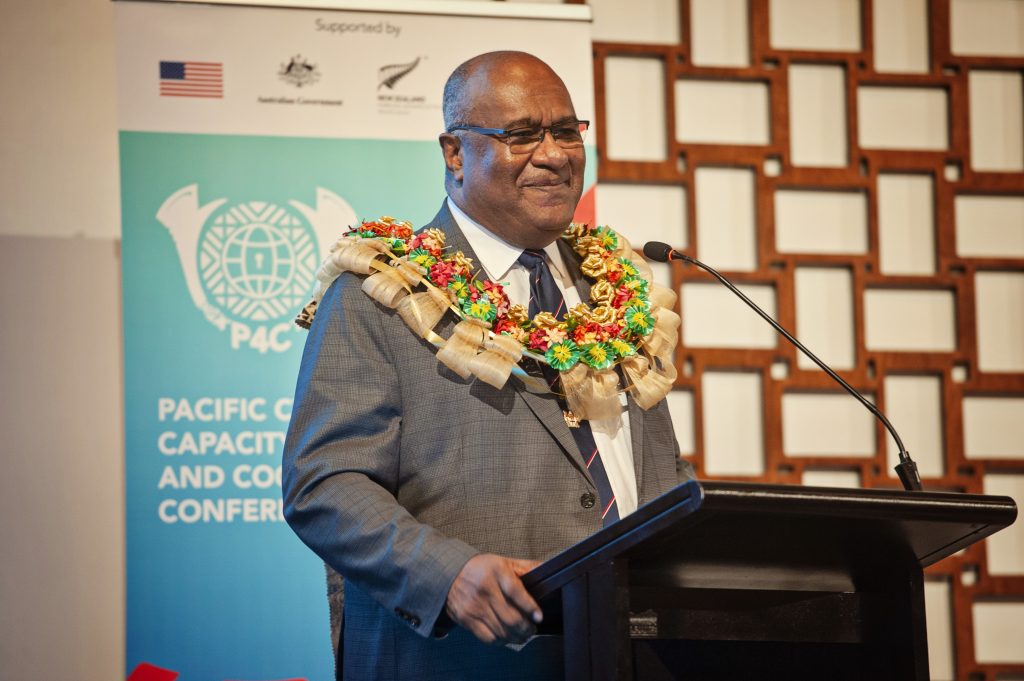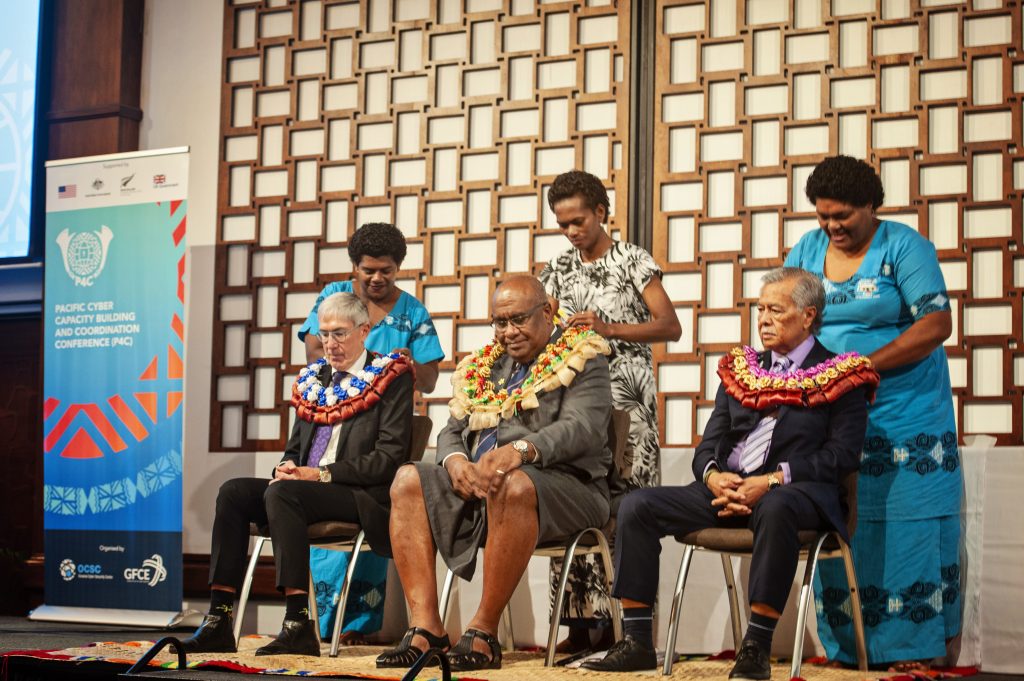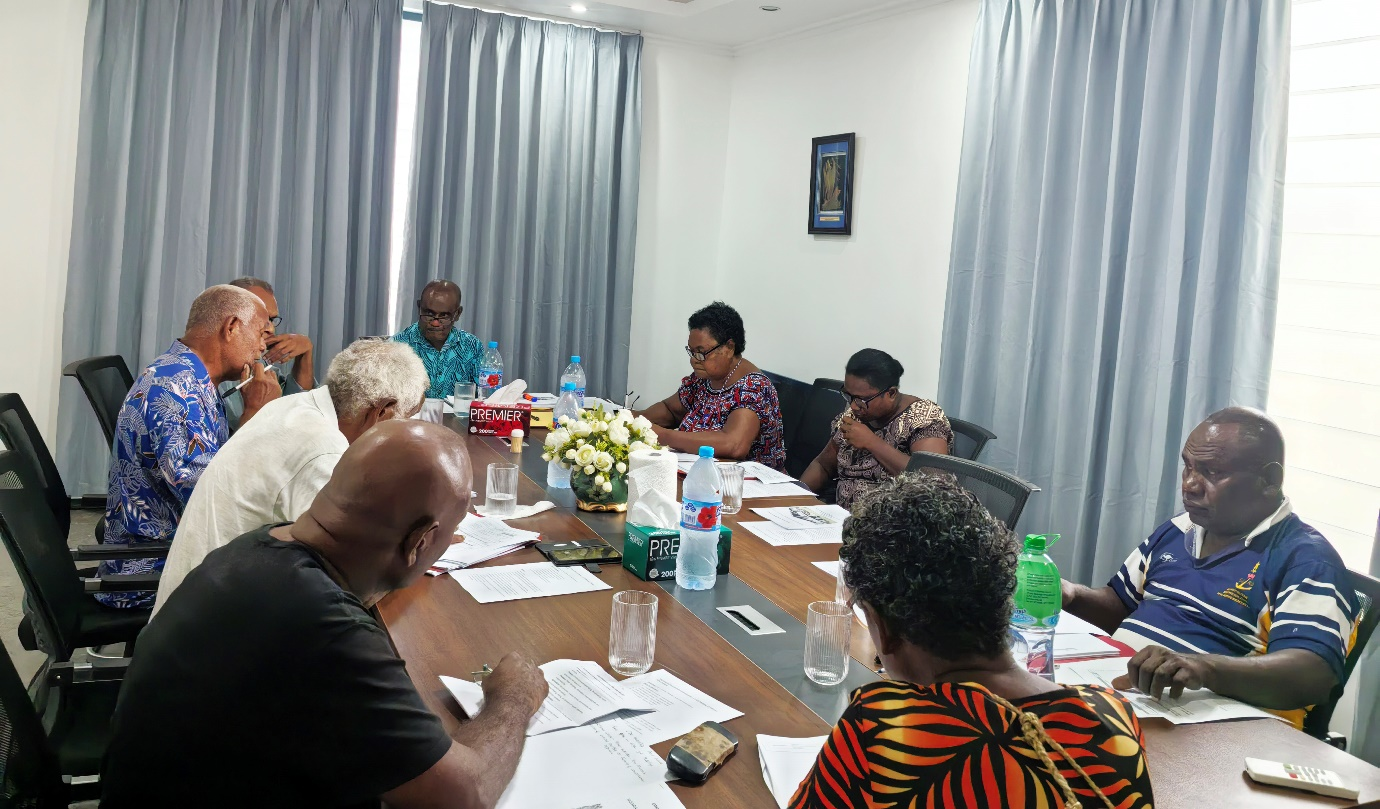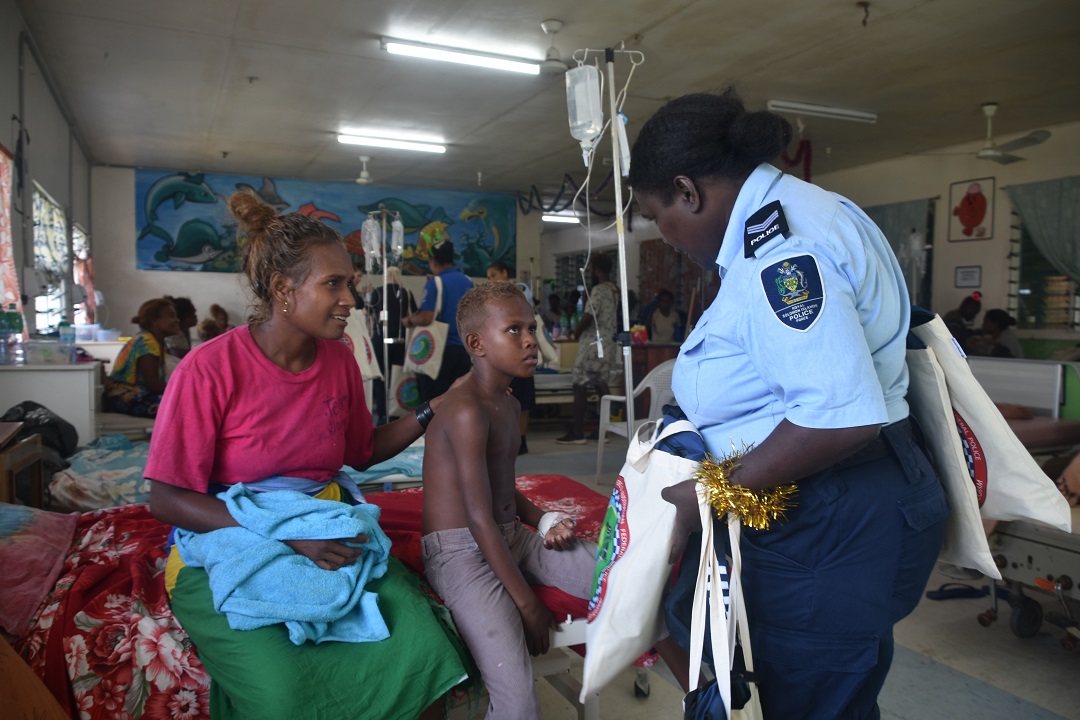BY SAPT Staff
HIGH Commissioner to the Republic of Fiji and Special Envoy for the Pacific and Regional Affairs, Ewen McDonald, has emphasized the significant opportunities and risks associated with the rapid digitalization of economies and communities. In his address at the Pacific Cyber Capacity and Coordination Conference in Fiji, McDonald underscored the immense benefits of digitalization but also highlighted the escalating threats posed by malicious cyber activities, including information breaches, disinformation campaigns, and service disruptions.
Speaking at the conference’s opening, McDonald emphasized the urgent recognition among Partners in the Blue Pacific (PBP), a coalition comprising Australia, Canada, Germany, Japan, Korea, New Zealand, United Kingdom, and United States, to enhance cybersecurity and resilience across the region.
McDonald characterized the P4C as more than just a conference, viewing it as an opportunity to actively contribute to a more cyber-secure region. He stressed the importance of incorporating cybersecurity and resilience into broader regional frameworks, fostering collaboration among PBP members. The goal is to share expertise, learn from one another, and collectively build regional cyber resilience, ultimately leveraging the opportunities presented by the digital economy for shared security, economic strength, and a free, open, secure, and interoperable cyberspace.

The conference serves as a platform for future-focused discussions, allowing the Pacific region to guide efforts in supporting their cybersecurity priorities more effectively and efficiently. McDonald encouraged active participation, urging attendees to share experiences, ideas, and ambitions to collectively define the region’s priorities for action. The ultimate aim is to pave the way for a safer digital tomorrow in the Blue Pacific.
McDonald emphasized the holistic approach undertaken by PBP, which involves raising community awareness, deploying secure technology, and building a skilled workforce. Acknowledging that cybersecurity requires a whole-of-nation effort, he underscored the importance of legislative frameworks, skilled workforces, and community awareness.
The Partners in the Blue Pacific collaboration, known as PBP, is portrayed as an inclusive and informal mechanism committed to delivering impactful results for the Pacific. It aims to foster regionalism and expand cooperative opportunities globally. McDonald expressed gratitude to the Oceania Cyber Security Centre and the Global Forum for Cyber Expertise Pacific Hub for their tireless efforts in organizing and delivering the P4C, without which the gathering would not be possible.

The address celebrated successful regional collaboration initiatives such as Cyber Safety Pasifika, the Pacific Cyber Security Operational Network, and Pacific Islands Law Officers’ Network, showcasing the power of collective action in building regional capacity.
Looking ahead, McDonald emphasized the significance of the next three days in discussing cyber capacity building, defining priorities, and propelling collective action across the region. He expressed anticipation for active participation, learning, and collaborative action to shape a more secure Pacific.
Partners in the Blue Pacific’s commitment to coordinating cyber capacity-building efforts aligns with Pacific priorities. Despite the time and resources required for effective coordination, McDonald assured the unwavering commitment of PBP to listen and act, ensuring their efforts align with the specific needs of the Pacific region.
Meanwhile Secretary General of the Pacific Islands Forum Henry Puna also highlighted that Cybercrimes are an increasing threat to our administrations.
“Indeed, it is a sad fact that every day, thousands of criminals go to work with the sole intention of inflicting harm on innocent people across the globe, including here in the Blue Pacific Continent. We cannot, and will not, let them win”, SG Puna added.














